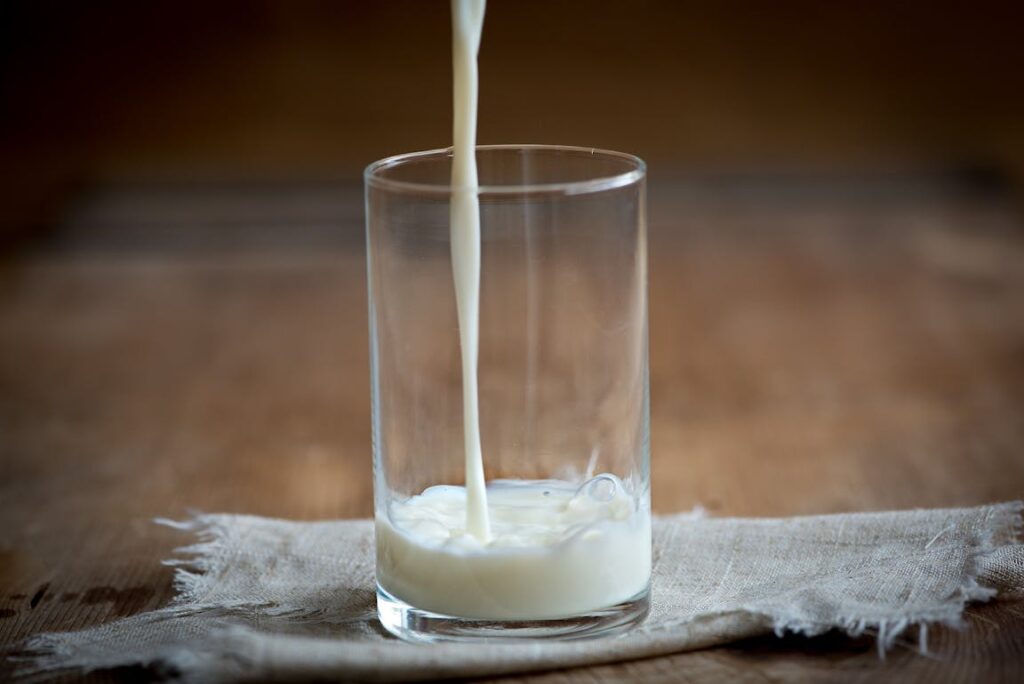Amylase is an enzyme that plays an important role in the production of dairy products. It breaks down complex carbohydrates into simple sugars, which can be used by bacteria in the fermentation process. This results in a range of dairy products, such as cheese, yogurt, and sour cream, which are prized for their unique flavors and textures.
What is amylase used for?
Amylase is commonly used in the dairy industry to enhance the flavor and texture of these products. However, the dosage of amylase can vary depending on the product being produced and the manufacturer's specific requirements. One of the main factors affecting amylase dosage is the type of milk used. For example, milk from different animal sources, such as cows, goats, or sheep, can have varying levels of carbohydrates and other nutrients that can affect the fermentation process. Therefore, the required amylase dosage may differ depending on the type of milk used. In addition to the type of milk used, the temperature and pH of the fermentation process can also affect the required amylase dosage. For example, higher temperatures may require a lower dose of amylase, while a more acidic pH may require a higher dose.
How is it used in industry?
Amylase dosage in dairy products is a critical factor in producing high-quality, flavorful products. Dairy manufacturers typically work with enzyme technology specialists to help them determine the appropriate amylase dosage for their products. These experts can provide advice on the specific conditions of the fermentation process and recommend the appropriate dosage to achieve the desired result. The goal is to ensure products that are safe for consumption and meet the desired flavor and texture profiles.
Our YesWeLab team and partner laboratories have developed methods to analyze and quantify amylase in your food products.




